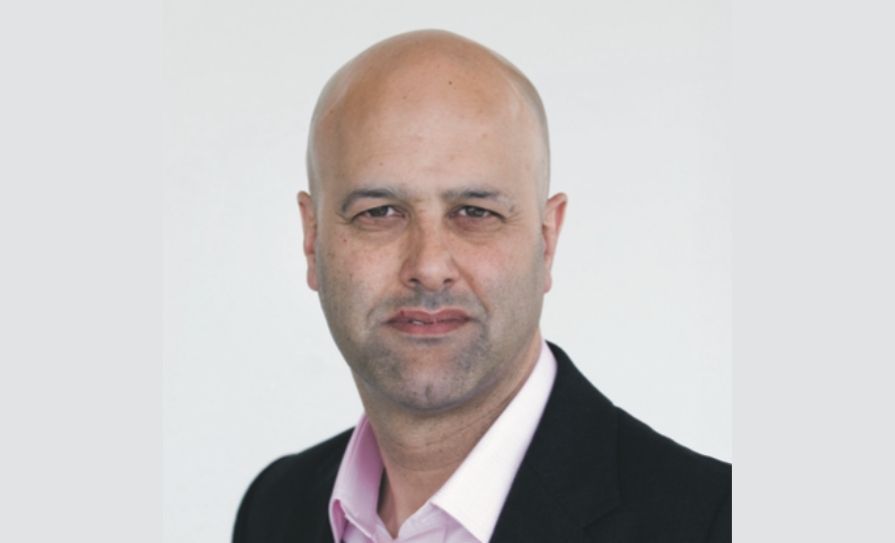A required qualification of competence in care of older people and “a mechanism of ongoing education” are “critically important”, the President of the Irish Gerontological Society has told the Medical Independent (MI).
“There is a role here for the higher education institutes, RCPI and the ICGP, to consider progressing these type of interdisciplinary educational opportunities jointly,” said Dr Diarmuid O’Shea, Consultant Geriatrician, St Vincent’s University Hospital, Dublin.
Dr O’Shea was responding to queries from this newspaper as to what lessons the new Government could learn from the current pandemic in terms of care of older people.
“Translating frailty assessment methodologies and research-based evidence to clinical education and practice will play an important role. These clinical education and continuous professional development models should also be supported by the use of single assessment care records.”
Dr O’Shea noted that these educational opportunities should be provided to the wide range of professionals who provide care to those living with frailty and disability, including nurses, care assistants, general practitioners, medical officers, directors of nursing, advanced nurse practitioners, palliative care physicians, psychiatrists of later life and geriatricians.
“These type of programmes can become key levers for change in these challenging work environments, at the same time as raising standards of care and ensuring that core competencies are maintained.”
Dr O’Shea added that the findings of the nursing home expert panel review “may have implications not just for those in nursing homes, but for those living in the community”.
“The findings and recommendations will have the potential to influence improvements in how care and support are delivered to the ageing population across the continuum of care in Ireland.”
At press time, the expert panel had yet to issue its findings.
“Covid-19 has highlighted the huge importance that services in our communities play in supporting the care of older people and especially those who are at risk, isolated, vulnerable or frail,” said Dr O’Shea.
He said the crisis “should lead to a review of how we plan to empower and enable the older people of Ireland to live in their own homes and communities for as long as is feasible”.
“Included in this will be the configuration of nursing care units, their staffing, their funding, the governance, clinical leadership and what ongoing training, education and research will look like in this sector in the years ahead.”












Leave a Reply
You must be logged in to post a comment.